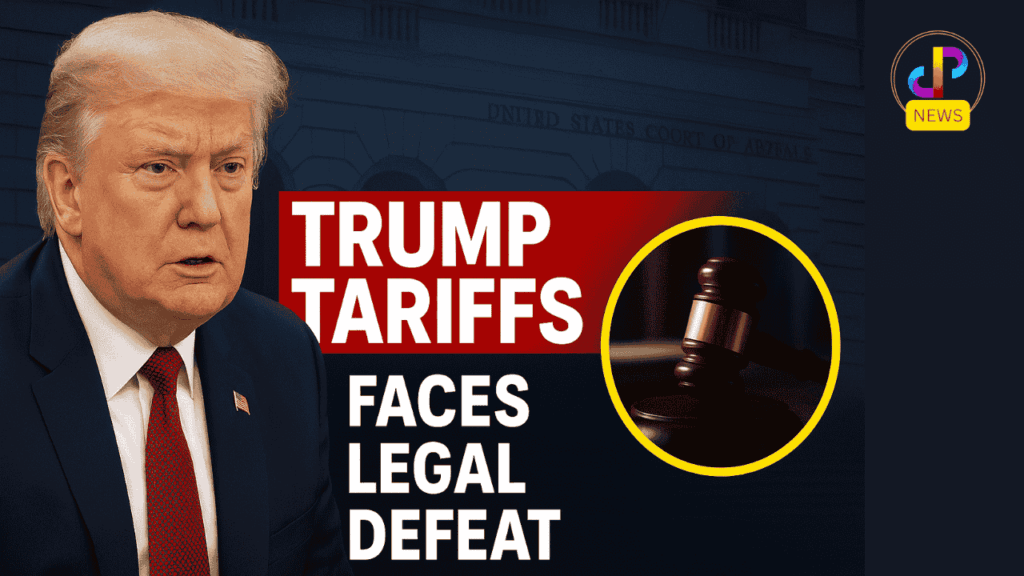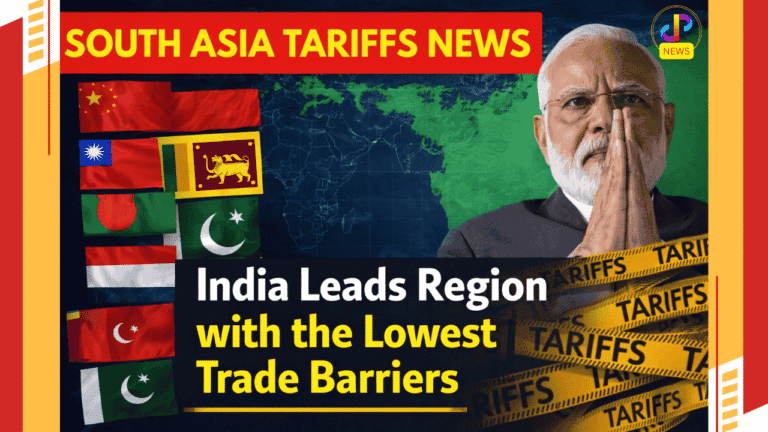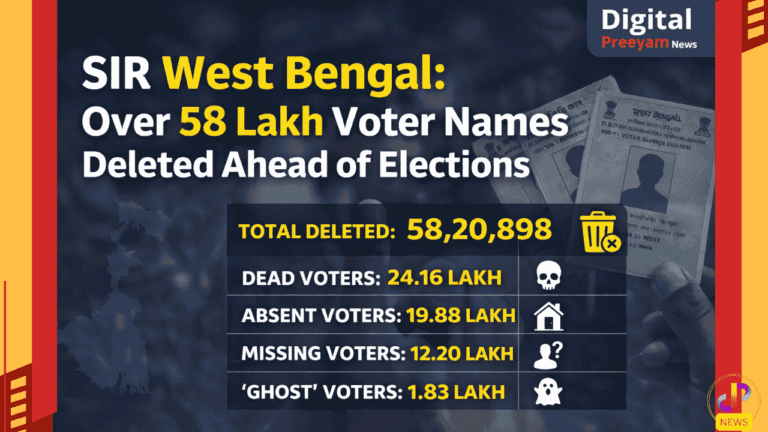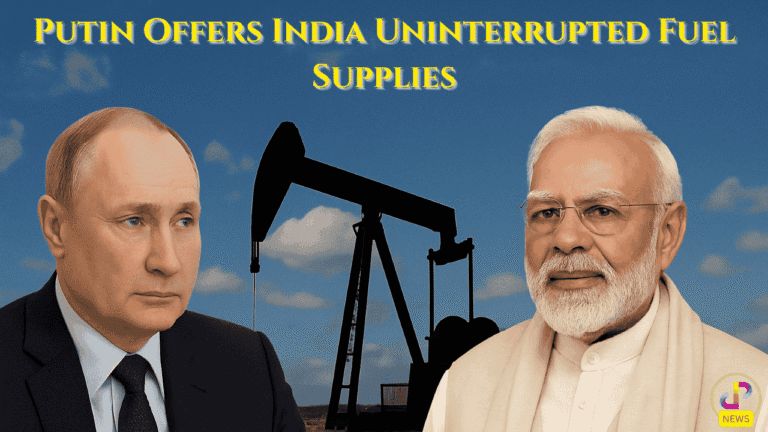Trump Tariffs Declared Illegal: US Appeals Court Ruling Sparks Global Trade Uncertainty
US Appeals Court Delivers Major Blow to Trump Tariffs - Overview:
Washington, D.C. – The cornerstone of Donald Trump’s economic policy — his aggressive use of tariffs — has suffered a major legal setback. A U.S. federal appeals court has ruled that the former president overstepped his authority in imposing sweeping tariffs on trading partners, declaring that most of the duties were “unconstitutional.”
The decision, handed down late Friday, casts serious doubt over the future of the so-called Trump tariffs, which had redefined U.S. trade policy over the past four years.

What Did the Court Say?
The appeals court found that Trump improperly invoked “national security” and “trade deficits” as emergencies to justify unilateral tariffs. By doing so, judges said, he expanded presidential powers beyond what Congress intended.
While the ruling allows existing tariffs to remain in place temporarily, the Biden administration — and potentially Trump himself if he returns to power — now faces the prospect of refunding billions collected from importers since the levies were enacted. U.S. tariff revenues have already surged to nearly $160 billion, a figure that could be clawed back if the Supreme Court upholds the decision.
Global Ripples: What It Means for Trade Partners
The ruling is being closely watched in China, India, Canada, and the European Union, all of which were targets of Trump’s tariff strategy. For countries like India — which faced steep duties of up to 50% on certain goods — the decision raises hopes of relief. However, until the Supreme Court delivers a final judgment, businesses and governments remain stuck in uncertainty.
Analysts warn that the ruling weakens America’s bargaining hand. Trump used tariffs as leverage in trade negotiations with Europe, Japan, and Mexico. If that tool is legally dismantled, Washington’s ability to push foreign governments into concessions may diminish.
The Money Question: A Potential $159 Billion Refund
Perhaps the most pressing issue is financial. The U.S. Treasury has been collecting tariff revenues at record levels, and the Justice Department has warned that a refund order could trigger a budgetary crisis. Officials have even suggested that Social Security and Medicare funding could be destabilized if billions need to be repaid to importers.
Trump’s Response: Supreme Court Showdown
Predictably, Trump struck back. In a fiery statement on his social media platform, he blasted the ruling as partisan and vowed to take the fight to the Supreme Court, framing tariffs as essential to his “America First” strategy.
“For many years, tariffs were used against us by weak politicians. Now, with the Supreme Court’s help, we will use them to make America rich, strong, and powerful again,” Trump wrote.
Legal experts believe the case could become a defining battle over the limits of presidential trade authority — one with enormous stakes for the global economy.
The Bigger Picture: A Tumultuous Week in World Affairs
Beyond the tariff drama, this week also saw rising global tensions. In China, leaders hosted the Shanghai Cooperation Organisation (SCO) Summit in Tianjin, with 20 world leaders in attendance, including India’s Prime Minister Narendra Modi. The summit comes amid escalating U.S.–China rivalries and military posturing in the Asia-Pacific.
Meanwhile, the United States faced grim domestic news, with a mass shooting in Minneapolis claiming the lives of two children during a church service.
And in lighter headlines, pop superstar Taylor Swift made waves in the entertainment world after accepting a marriage proposal from NFL star Travis Kelce.
What’s Next?
For now, Trump tariffs remain in effect — but hanging by a thread. The Supreme Court will have the final say, and the outcome could reshape America’s global trade strategy for years to come.
Until then, uncertainty reigns: for businesses, for America’s allies, and for the legacy of Donald Trump’s most controversial economic weapon.
📢 Stay Updated with Digital Preeyam News – Latest World News:
For more insights on global trade, US politics, and international economy, follow Digital Preeyam News – World News Section.
✅ Breaking updates on Trump tariffs and US-China trade relations
✅ Expert insights on global markets and economic policies
✅ In-depth analysis of international trade disputes and rulings
👉 Subscribe now to Digital Preeyam News and never miss an update.
Social Media Profile:
❓ Frequently Asked Questions (FAQs):
Q1. What are Trump Tariffs and why were they introduced?
Answer: Trump Tariffs refer to the trade duties imposed by former U.S. President Donald Trump on imports, mainly targeting China, to reduce trade imbalances and protect American industries.
Q2. How did Trump Tariffs impact the U.S. economy?
Answer: Trump Tariffs raised costs for American businesses and consumers while offering short-term protection to certain industries like steel and aluminum.
Q3. Why did the U.S. Appeals Court rule Trump Tariffs illegal?
Answer: The Appeals Court ruled Trump Tariffs illegal because they exceeded presidential authority under trade law, sparking a major legal and trade debate.
Q4. How did Trump Tariffs affect global trade?
Answer: Trump Tariffs escalated trade tensions worldwide, leading to retaliation from China and other countries, which disrupted global supply chains.
Q5. Are Trump Tariffs still in effect today?
Answer: Some Trump Tariffs remain in place, but their legality is under review. The Biden administration has adjusted or lifted certain tariffs while keeping others.
Q6. Which industries were most affected by Trump Tariffs?
Answer: Industries like technology, agriculture, automotive, and manufacturing were heavily impacted, facing higher costs and reduced exports due to Trump Tariffs.
Q7. What does the Appeals Court ruling mean for future U.S. trade policy?
Answer: The ruling against Trump Tariffs could reshape U.S. trade policy, limiting executive powers and prompting Congress to play a larger role in future tariff decisions.

















